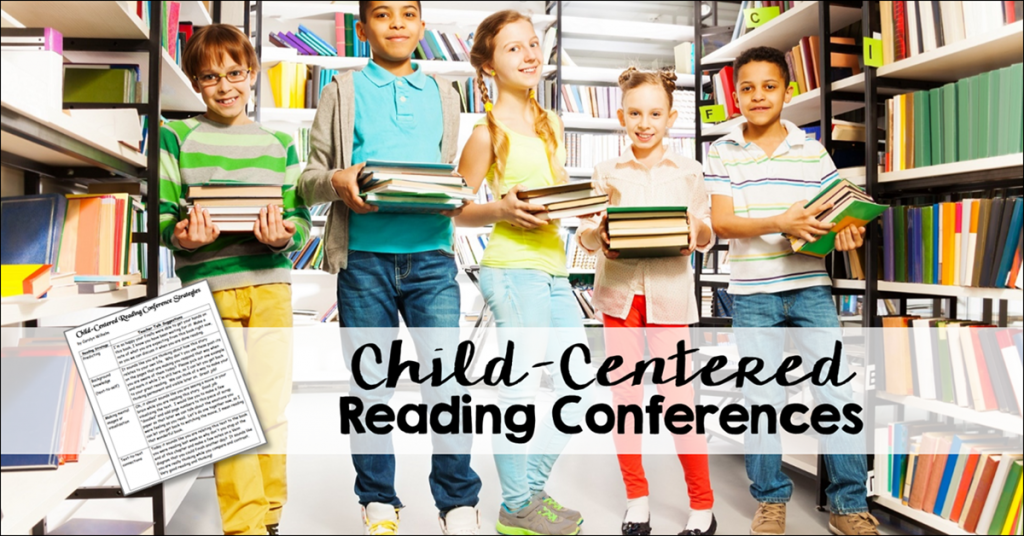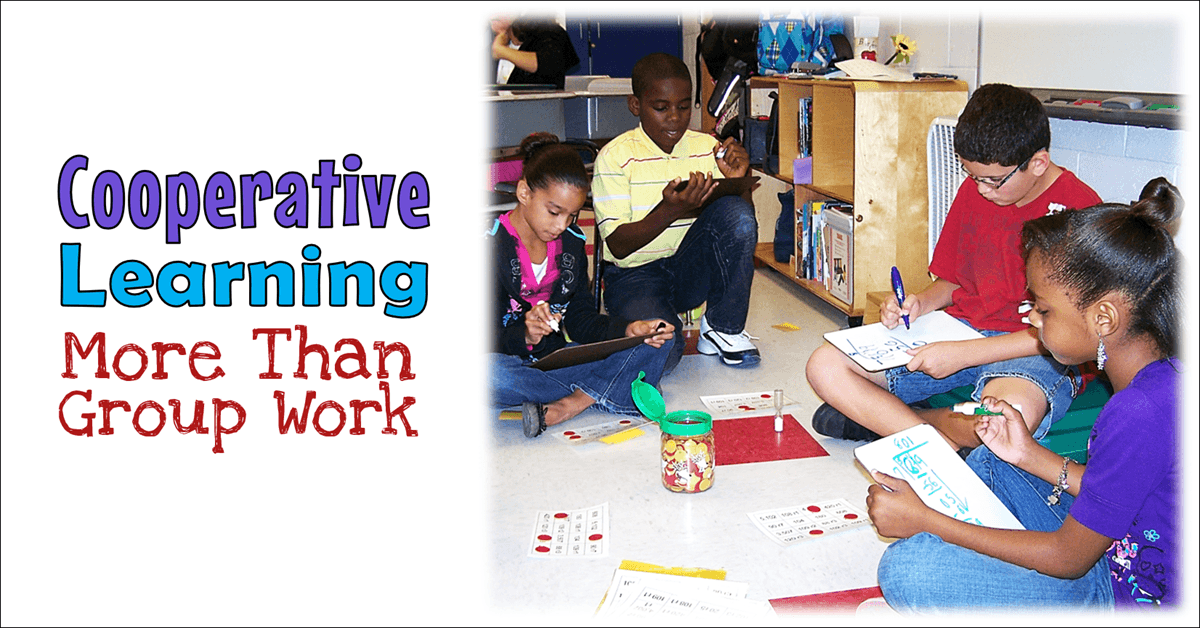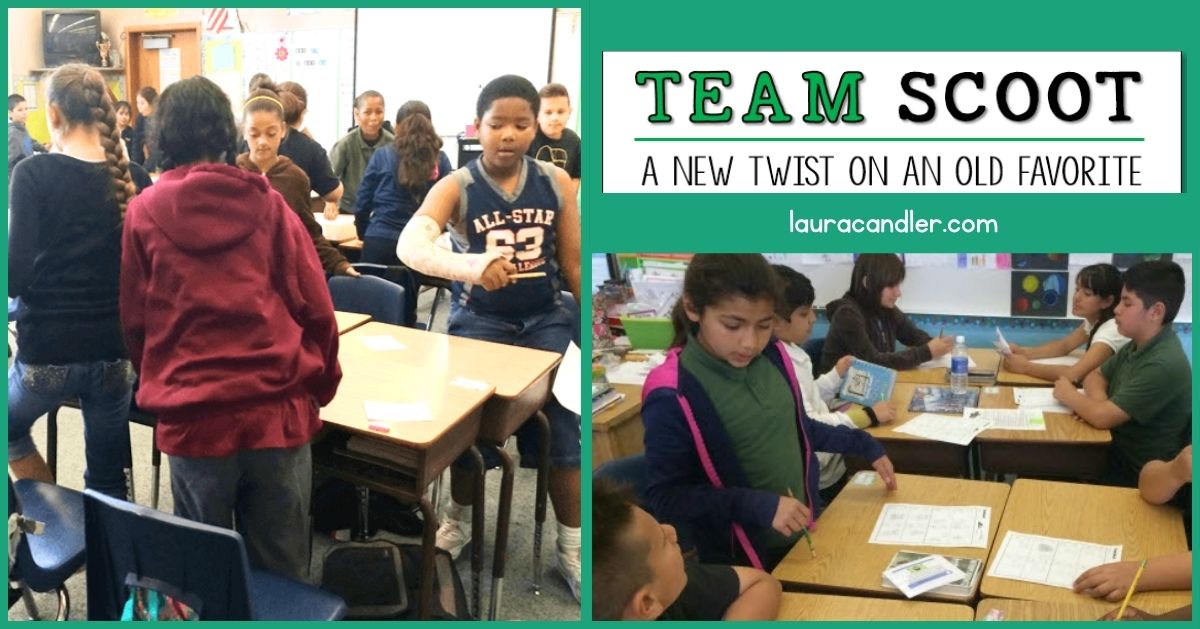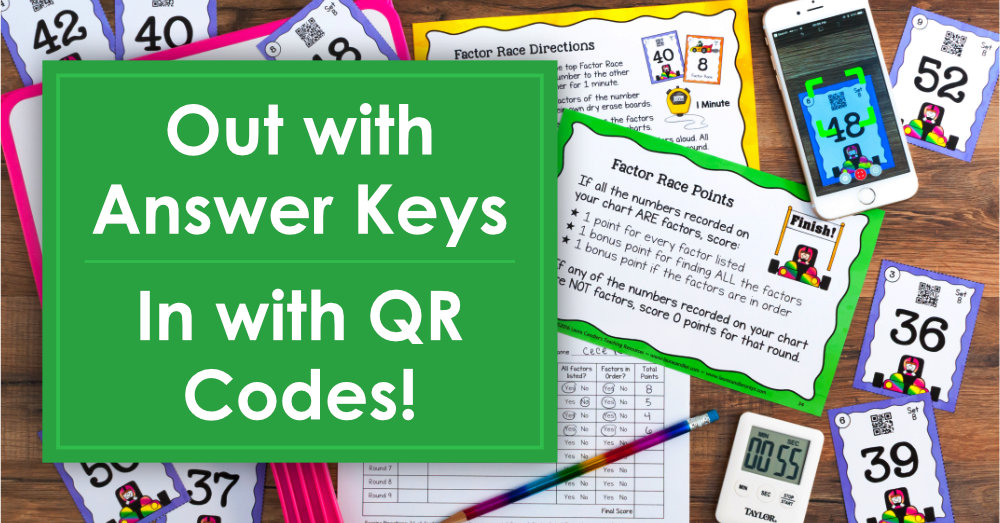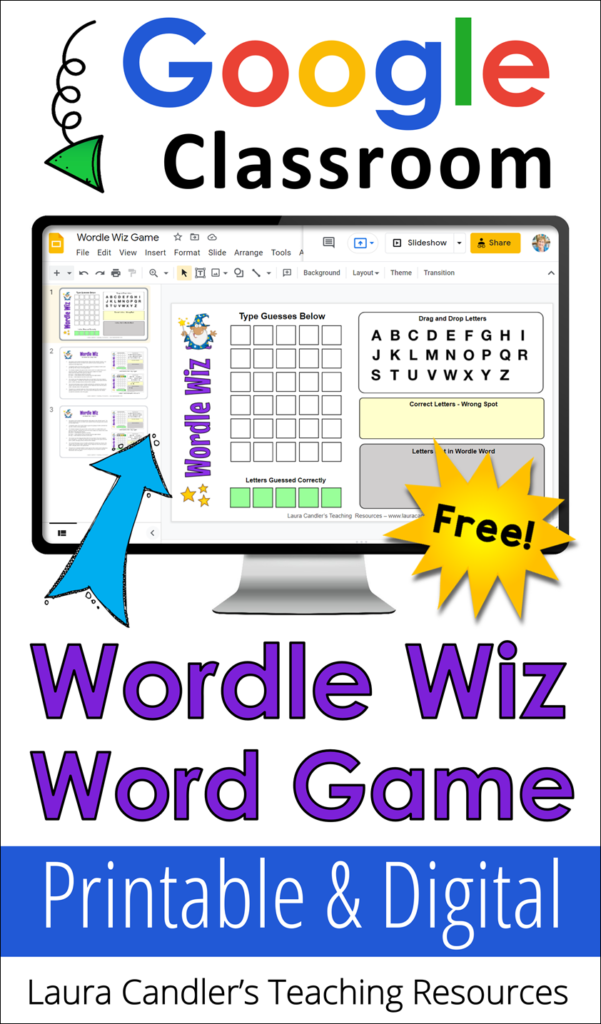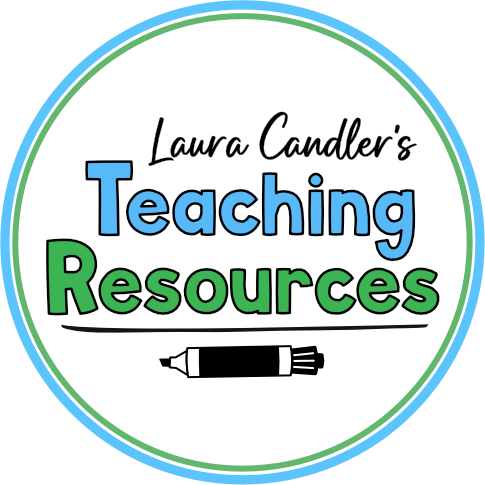by Carolyn Wilhelm, Guest Blogger
Oh, the joy of a really great novel with just enough suspense that the reader can barely put it down. Teachers work so hard at getting to know which books will really grab individual children. We learn about their lives, their interests, and their reading habits. We are so happy to match a reader with the just-right and just-perfect book, and observe the silent reading with a smile. Job well done!
Screech, put on the brakes . . . as soon as our students are happily engaged in reading, we slide a teacher stool up next to the absorbed reader to begin a reading conference. Then we brightly ask, “What reading strategy are you using today? Will you explain how this strategy is helping you be a better reader?” Smiling and hoping to jot some notes on our charts or report card forms, we hope for an insightful and elaborate answer.
The student, wanting to please, stops the marvelous reading experience to try to answer. He pauses to think, “What can I say to get the teacher to leave so I can just get back to reading? Let’s see, she was happy when I said I was inferring the other day, so I can’t use that again. What can I say today?”
When seen from a child’s point of view, reading conferences may sometimes appear to be an unwelcome interruption. However, we know that individual reading conferences are critical in order to determine if our students comprehend the text. So how can we confer with them in a child-centered manner that meets their needs rather than focusing on our objectives?
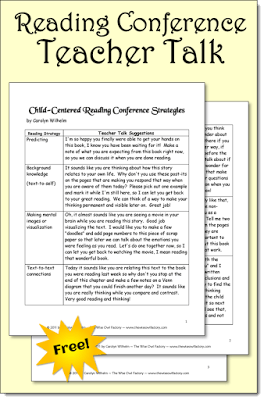
Yes, teachers have to gather notes and information about readers, but we also have to be careful not to spoil the reading experiences of our students. Happy reading!
Carolyn Wilhelm has a Masters in Gifted Education, another Masters in K-12 Curriculum and Instruction, and is a National Board Certified Teacher in the area of Middle Childhood Generalist. She has taught grades 1, 2, 3, 4, and 5, gifted education K-6, and remedial math grades 1-6. Carolyn is the creator of The Wise Owl Factory website and Book-a-Day blog.

